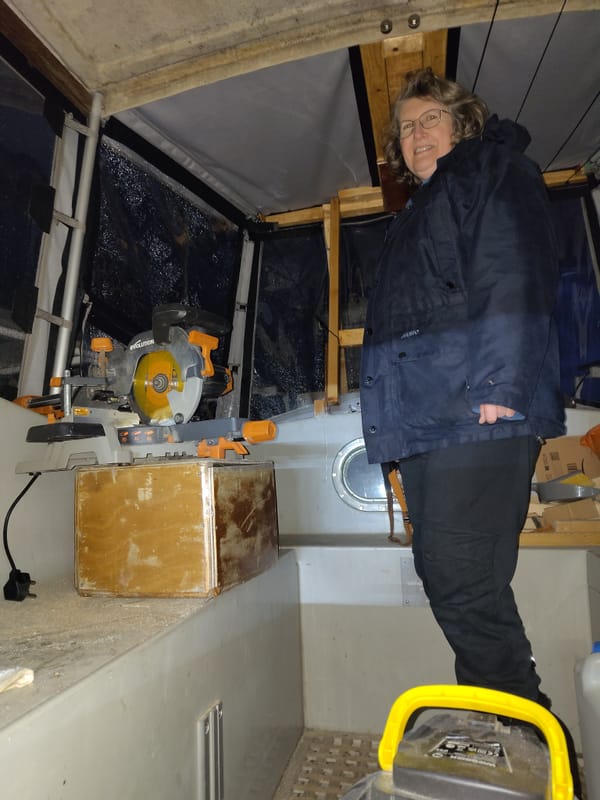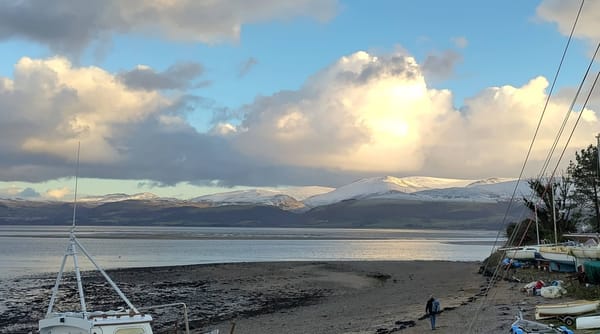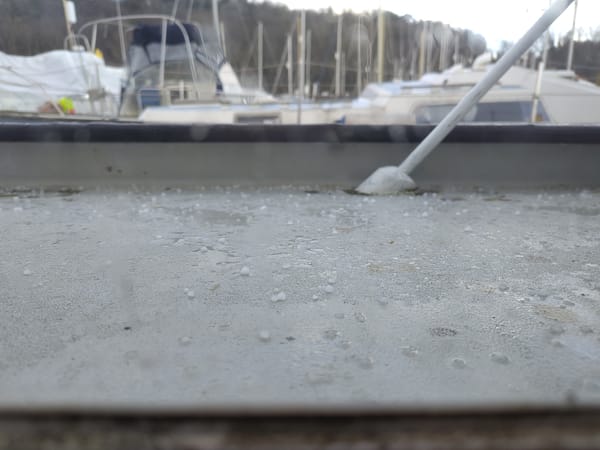More safety from moving to fossil fuel free Sailing
In my post Safe, Sustainable Coffee for sailing? I made the point that using an electric filter coffee machine is safer because you do not have to pour boiling water. Especially you do not have to pour boiling water onto a tower of things resting on each other (eg V60 filter holder balanced on a mug).
What I didn't emphasise is that this safety aspect is only possible (or at least far easier) with a switch away from fossil fuels. Many yachts are now fitting small inverters to use small mains electric gadgets. However, unless you design a higher capacity system in terms of renewable generation, batteries, wiring, inverters etc and implement it with gimbled surfaces for extra devices you are not going to be able to make the switch to an electric filter coffee machine (unless you run your engine to recharge your batteries a lot).
Unfortunately, there are few good options for making coffee without mains electrical appliances. A moka pot is probably the only option, but you don't see many people using them with pan clamps to hold them securely on a hob at sea (and very often see them perched quite precariously on pan supports that are designed for much larger pans. Anyway they are not preference for coffee when sailing, I want a longer drink to provide warmth and comfort rather than a quick shot.
The same comes to other cooking options. An electric multi-cooker (on a gimbled tray) seems a lot safer option for cooking a stew or soup at sea (well most one pot meals) than either a pan or a stovetop pressure cooker. The advantages include:
- they cook at a lower pressure/temperature than a traditional stovetop pressure cooker.
- there are fewer exposed hot things to touch and handle. An advantage when cooking is done but it also means that unlike a stovetop pressure cooker or pan it can be held down in place not just clamped to avoid sliding. So should be safer in more violent motions.
- Unlike most pans they have a securely fitted lid and don't need to be stirred while cooking. Reduces the chance of hot food going flying around the cabin (several examples from the Vendee Globe this year).
While we don't plan to fill the boat with lots of electric devices for cooking, these two seem to us to have significant safety benefits that have not been widely recognised. The main safety concerns that have been addressed in past regulations mainly relate to gas explosions or burning fuel.





